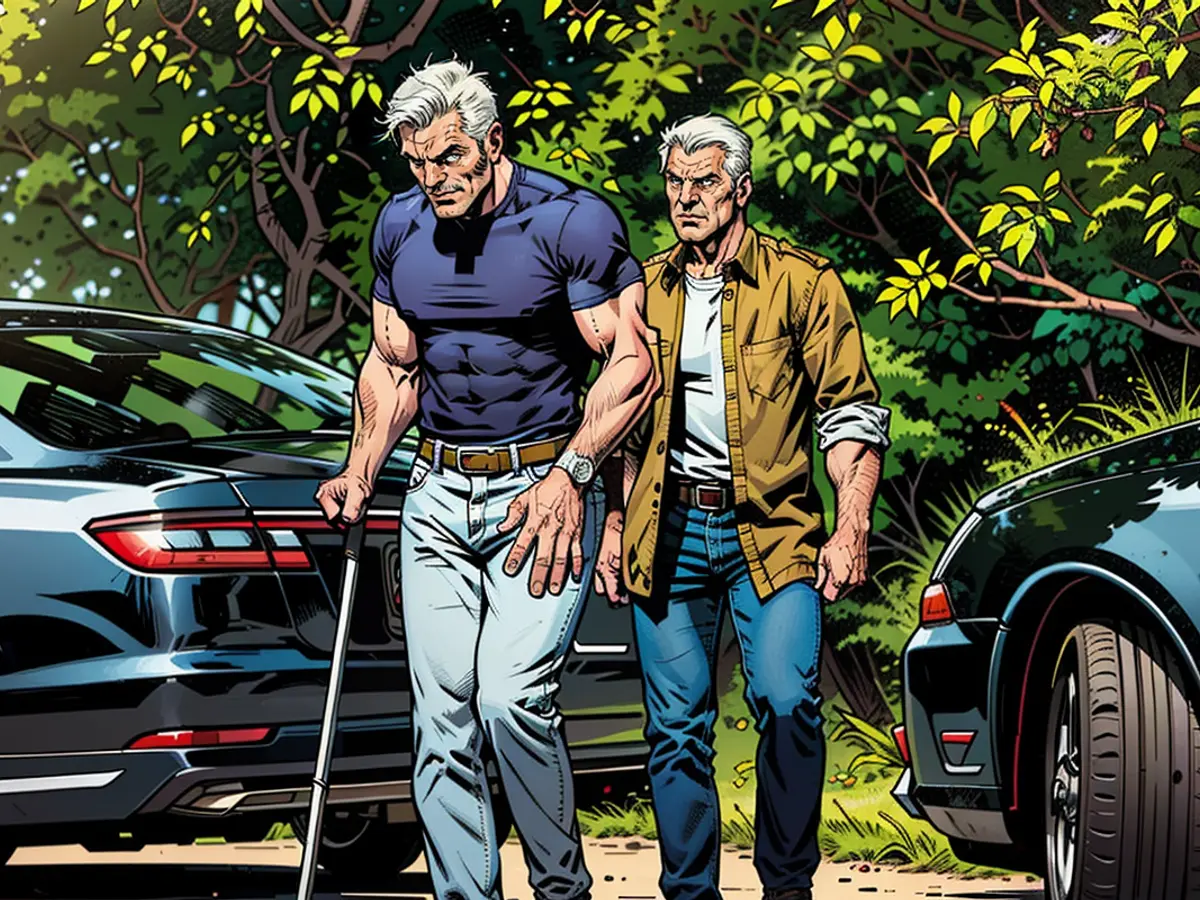Slovakia drastically restricts the right to assembly
At the end of May, a 71-year-old man shoots down the Slovakian Prime Minister and seriously injures him. Two months later, the government passes an assembly ban. Opposition warns of a "Police State".
In Slovakia, a controversial law has come into force that restricts freedom of assembly among other things. The so-called "Lex Attentat" was passed at the end of June as a reaction to the gun attack on Prime Minister Robert Fico two months ago.
From now on, a ban zone of 50 meters applies around the Government and the Presidential residence, the Parliament and all court buildings. Demonstrations are also banned against politicians in front of their homes. Assemblies can also be banned if they endanger public order.
Critics from the opposition warned that the law is a step towards a "Police State". The package of measures also provides that the chairpersons of the parties represented in Parliament receive a right to personal protection, as well as the General Prosecutor and the Chairman of the Constitutional Court. Government heads, who have spent a total of more than ten years in office, have a right to a lifelong pension. So far, this only applies to Fico himself.
An attacker shot the left-populist government chief from close range with several shots on May 15, seriously injuring him. The shooter justified his act with hatred for the government. Fico's Smer party has been governing since October last year in a coalition with the right-wing Slovak National Party (SNS). The Prime Minister has since been able to resume his official duties.
The passage of "Lex Attentat" in June, following the assassination attempt on Prime Minister Fico, has sparked concerns among opposition parties in Slovakia, with accusations of creating a "Politics of Fear" and moving towards a "Police State." Further attempts to restrict freedom of assembly and provide personal protection for politicians and high-ranking officials could intensify these criticisms.








